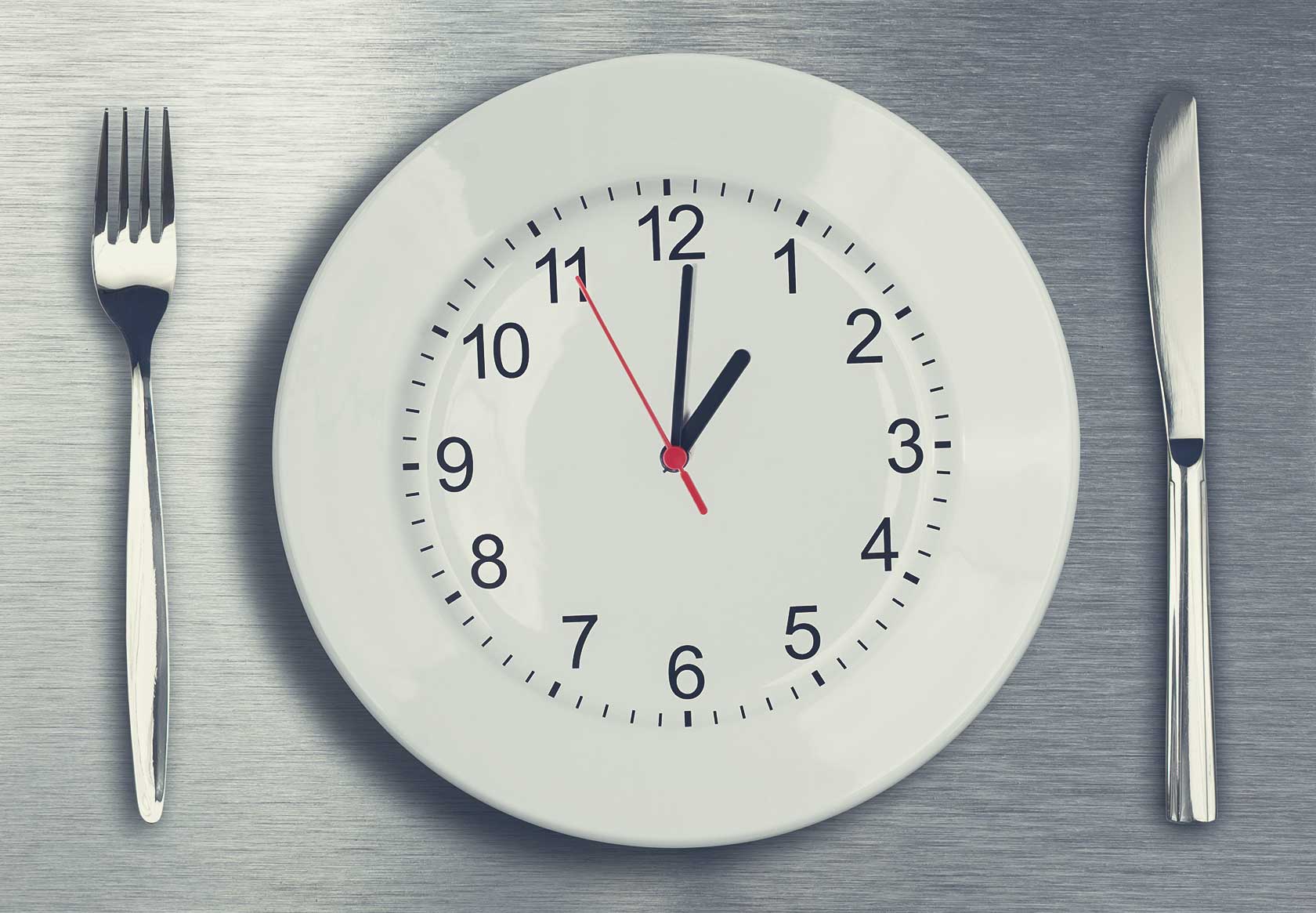
So as discussed last week, intermittent fasting can be an excellent way to put your body into “fat burning” mode, help you become stronger through the increase in human growth hormone, and increase energy on a daily basis. But are there any other benefits to intermittent fasting? Are there any drawbacks or dangers?
Let’s start with the positives.
Studies performed at the Laboratory of Neurosciences in Baltimore have shown that caloric restriction/intermittent fasting have increased the lifespan of mice by up to 15%. It was also found to increase resistance to age-related diseases in rodents and monkeys and improve the health of overweight humans. Intermittent fasting enhances cardiovascular and brain functions and improves several risk factors for coronary artery disease and stroke, including a reduction in blood pressure and increased insulin sensitivity (insulin sensitivity determines how effectively you process sugar when you eat it, if you are insulin resistant it can be a precursor to diabetes.) Moreover, the minor stress caused by fasting has been shown to prime your body’s cells to fight real stressors (such as disease) and become more effective at fighting them. Together, these effects are a recipe for living healthily and with a high quality of life into old age.
Now we can address some common misconceptions.
Isn`t breakfast the most important meal of the day? We`ve been told that our entire lives!!! The truth is… `Breakfast is the Most Important Meal of the Day`is actually the fallout from an advertising campaign launched almost a century ago by none other than Kellogg`s breakfast cereal as a way to boost breakfast cereal sales (if you`re interested, check out a quick overview: https://www.theguardian.com/lifeandstyle/2016/nov/28/breakfast-health-america-kellog-food-lifestyle) !!! There is little to no scientific evidence that breakfast is the most important meal of the day, or even necessary to `start your metabolism`… in fact research points to the opposite.
It has also been said that “fasting” or “starving yourself” can have a detrimental effect on your metabolism, and this (to the extreme) is true! If you restrict calories for a very extended period of time your metabolism can react negatively, causing long term weight gain (putting the weight you lost back on) and other detrimental health effects. The good news is that this doesn’t apply to intermittent fasting. Studies have shown that restricting calories up to 48 hours at a time has little to no ill effect on the body (in fact, it spikes the human growth hormone up to 5 times greater than a shorter fast), but beyond that there are diminishing returns for restricting calories, and at around 72-76 hours, your metabolism can be affected, especially if you do this repeatedly (think eating disorders). When doing intermittent fasting, the “intermittent” part protects you from doing any long term damage to your metabolism, as you break your fast well within the safe limits, giving you all the benefits described previously with none of the negative effects.
Is intermittent fasting safe for women?
The short answer is yes, there are no major ill effects for women. However, some women have reported changes to their menstrual cycle that has led to discomfort or alarm. If you experience any kind of change like this or any discomfort, you can cease fasting with no issue. Another option is to switch your eating window from 8 hours to 10 hours, which many women have found to be more successful and less inhibitive to the menstrual cycle. Some studies suggest that BCAA’s (branch chain amino acids) in your diet/supplements can offset many if not all of the above effects, as well as adding more protein to your diet.
I hope this gave you a good introduction to intermittent fasting! As I previously mentioned this is how I pattern my eating, and I’ve had nothing but fantastic results, both in terms of body composition and strength improvements (it remains to be seen if it made my brain work any better…). If you have any questions or concerns, or would like to try intermittent fasting and need some support or strategies to get started, please don’t hesitate to shoot me an email!-Bryan
